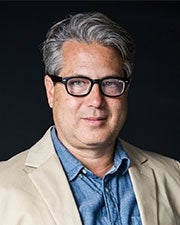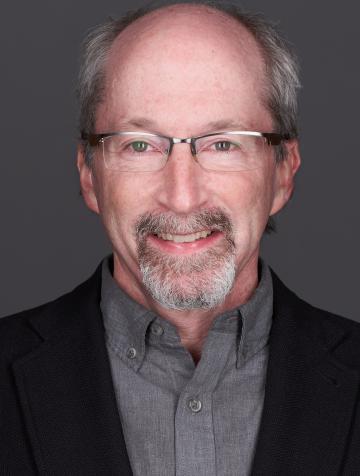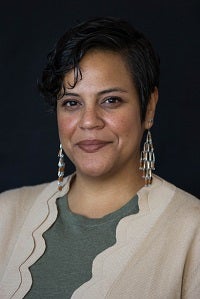 Children’s Literature and the Immigrant Experience
Children’s Literature and the Immigrant Experience
H. Gerald Campano, Penn GSE
Thursdays at Penn
The human condition is increasingly characterized by mass migration due to war, climate change, neoliberalism, and histories of imperialism. Many people are dispossessed and displaced, and others move for survival and to provide better life opportunities for themselves and their families. This greater flow of people has also been met with a resurgence of nativism and ethnonationalism, but also a dedication to immigrant rights and well-being. One context where these political and social contestations play out is in the school system, where teachers are grappling with what it means to teach to the cultural, linguistic, and experiential pluralism of their student populations. This course investigates migration and human mobility through children’s literature and young adult fiction. It invites participants to develop curriculum that is responsive to the robust diversity of contemporary classrooms in Philadelphia and beyond.
 The Soviet Century: Russia, Socialism, and the Modern World
The Soviet Century: Russia, Socialism, and the Modern World
Benjamin Nathans, Penn History Dept.
Wednesdays at Penn
The Russian Revolution marked the opening of the “short twentieth century” (1917-1991), and its demise signaled that turbulent century’s end. During its lifetime, much of the world viewed the Union of Soviet Socialist Republics (USSR) as the defining political experiment, the greatest modern challenge to liberalism, capitalism, imperialism, and fascism. This course is about the Soviet Century. Topics include the emergence of the Soviet Union from the ruins of tsarist Russia, the role of ideology in state policy and everyday life, the Soviet Union as the center of world communism, the challenge of forging a new society from an ethnically diverse population, the Soviet Union’s epic defeat of Nazi Germany, its rise to the status of superpower, its various attempts to reform itself, and its sudden dissolution in 1991. We will follow the rulers (from Alexander II to Nicholas II to Lenin, from Stalin to Gorbachev to Putin) as well as the ruled (peasants, workers, intellectuals; Russians, Ukrainians, Jews, Latvians, Armenians, Georgians, Azeris, and many others). The course will conclude with a consideration of the origins and consequences of Russia’s war against Ukraine.






